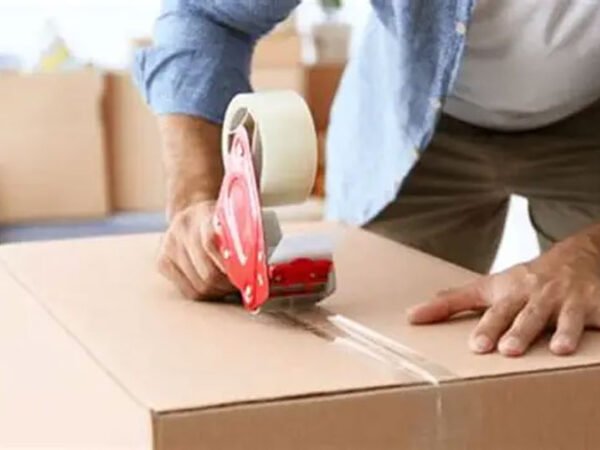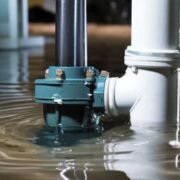Every day we produce trash at home, in businesses, and on building sites. But what happens once we get rid of it? Wrong disposal causes areas to seem untidy. It seriously lowers our air, soil, and water quality. This damage progressively impacts both human health and the environment. Rivers have toxic substances seeping into them. The air is saturated with noxious vapours. The soil becomes too dirty for crops. That’s why responsible waste disposal is so critical. Good disposal is made simpler and safer with companies such as skip hire Walkden. Correct waste treatment guards our environment from long-lasting damage. Governments are not only responsible for correct waste disposal. It is a collective responsibility. Everybody needs to care. Better decisions for a cleaner future will be made as we learn more about the repercussions of trash.
Toxins Run Downstream
Many trash products finally land in water bodies. Landfills pollute nearby streams, lakes, and oceans with hazardous chemicals. Heavy metals, plastic particles, and bacteria are carried by these leaks. Unprocessed waste thrown straight into the water by factories aggravates the problem. Drinking water is contaminated by this, and aquatic life suffers. Fish perish; individuals who eat them suffer as well. Marine ecosystems are also choked by oil spills, chemical runoff, and wastewater. Health hazards increase as clean water becomes scarce. It starts a chain reaction with long-lasting consequences.
Waste Degrades Soil Fertility
Open areas accumulate waste that gently penetrates the ground. Lead and mercury escape from batteries. Plastic bags obstruct adequate soil airflow. The soil consequently loses its minerals. Farmers can no longer produce fresh crops on such property. Further polluting the soil, industrial waste turns it poisonous for years. Even domestic trash like diapers, cleaning supplies, and electronics can destroy rich terrain. The soil eventually becomes a dead zone. It is unable to sustain either plant or animal life anymore.
Breathing Becomes Dangerous
Many towns burn garbage to lessen landfill overflow. But burning waste releases toxic gases into the atmosphere. Carbon monoxide, sulfur dioxide, and dioxins are all included here. These gases aggravate respiratory conditions and irritate the lungs. They also raise greenhouse gases, therefore speeding up climate change. Bad chemical waste disposal produces offensive odours and toxic fumes. Open burning of rubber and plastic significantly degrades air quality. Particularly in cities, the air becomes thick and heavy. And people especially youngsters and the elderly suffer the most.
The Domino Effect on Ecosystems
Whole ecosystems are affected by polluted water, soil, and air. Plants take chemicals from the air and soil. Animals drink contaminated water or consume these plants. This sends the poisons up the food chain; even humans are not safe. Chronic diseases can result from contaminated food and water. Natural balances change as some species pass away. Pollinators go away, soil microbes vanish, and fish populations decline. Nature depends on pure resources to flourish. Every day waste jeopardises that equilibrium. The harm extends beyond the landfill. Using a reliable skip hire company helps to stop garbage from damaging our surroundings. Though a little step, this one leads us toward a healthier, safer planet.
Effects on Human Health
Serious health concerns result from polluted surroundings. Stomach infections, skin disorders, and even cancer are caused by unclean water. Asthma, heart disease, and lung infections are caused by polluted air. Poisoned soil yields toxic crops, which we ingest unknowingly. Waste near homes increases the risk of long-term health problems. Children playing near dumpsites confront more hazards. Young exposure to damaging compounds retards development. Even indoor air turns hazardous if garbage is not correctly disposed of. Undoubtedly, waste and health are connected. Each bit of garbage we manage properly helps to cut down on pollution. Damage grows over time when we disregard appropriate disposal.
Conclusion:
Waste disposal is not only getting rid of refuse. It’s about preserving our most precious assets: air, water, and soil. The results surround us all. Thick air, dead ground, and contaminated rivers all point to carelessness. But it’s still too late. Improved waste management, tough laws, and community knowledge can help to reverse things. Everyone has a part in recycling, limiting plastic use, and promoting clean waste disposal methods. Little actions taken today will help to create a healthier, cleaner future.













